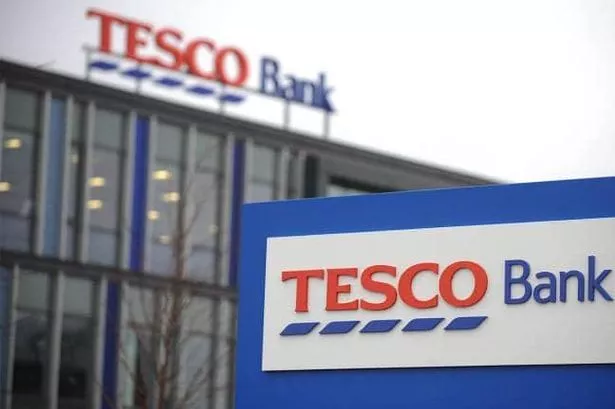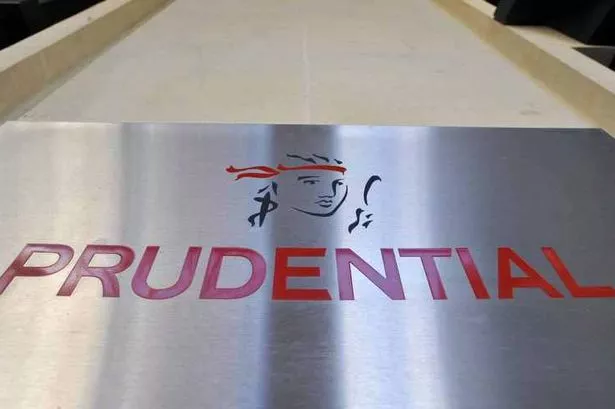
Revolut's earliest investors are set to see returns of up to 400 times their initial investment, following the fintech firm's rise to banking giant status. The British start-up's early backers, including those who participated in two crowdfunding rounds, have been given the opportunity to reduce their holdings through a secondary share sale.
Morgan Stanley has brokered the deal, which values Revolut at $45bn and has been expanded to include more investors after current employees cashed in earlier this year. Users of start-up investment platforms Republic Europe and Crowdcube have been allocated a total of $19.3m as part of the sale, with shares priced at $865.42 each, as reported by City AM.
While there are limits on how much they can sell, it provides a rare chance for crowdfunders to realise value from their investment, as Revolut is not a publicly-listed company. In 2016, a year after its founding, Revolut offered a 2.39 per cent stake to investors via Crowdcube.
433 people chose to invest in what was then known simply as a digital payments and money transfer provider in the UK. The £1m fundraising gave Revolut a pre-money valuation of £42m and priced its shares at $2.14 each.
These shares are now worth around 40,000 per cent more, with the 491,870 shares owned by Crowdcube users valued at approximately $426m. Revolut creates value for the UK.
Revolut has gathered over 50 million users worldwide, including more than 10 million in the UK, where it was granted a provisional banking licence in July. The firm now provides a range of services from accounts and international payments to trading and an eSIM plan.
Crowdcube’s co-CEO Matt Cooper expressed to City AM that the platform is "incredibly proud" to offer liquidity to its users. "We’re seeing significant value created in the UK economy by companies backed by retail investors when they were still private and early stage, such as Revolut, BrewDog, Monzo and Moneybox," he stated.
Cooper further noted that the combined worth of the top 25 firms which have raised funds through Crowdcube is now twice that of the leading 25 stocks listed on the London Stock Exchange’s junior AIM market. "If we’re serious about making the UK an attractive place to build fast-growth businesses, we need to lean harder into the power of retail investors driving our private markets – it’s clearly working," he commented.
A number of other British fintechs have followed Revolut’s lead. Recently, digital bank Monzo, payments company GoCardless and wealth manager Moneybox have arranged secondary sales as they aim to increase their valuations and free up liquidity while equity capital markets activity remains subdued.
Cooper revealed that Crowdcube has returned more capital to investors through secondary liquidity transactions this year alone than the previous ten years combined.
"The private markets, especially for later-stage secondary transactions, are currently outpacing the public markets," he added. Both Republic and Crowdcube offer secondary markets where users can trade company shares amongst themselves.
However, City AM previously disclosed Revolut's resistance to larger transactions it cannot control. By opening up its ongoing sale, Revolut has averted potential legal action from Republic, which last month accused it of blocking a deal involving a US private equity firm that took control of one of its existing shareholders.
The contentious deal, which was marked at a 32 per cent discount to the Morgan Stanley sale, has since been cancelled by Republic. Revolut raised £3.8m on the Republic platform, then known as Seedrs, in 2017.
The company sold a 1.36 per cent stake to 4,260 people at a £276m pre-money valuation. The round priced Revolut’s shares at £8.57 each, with the 436,646 shares owned by Republic users now worth around $378m.
Jeff Lynn, Republic Europe’s chair, told City AM that some of these backers have seen returns of nearly 80 times their original investment. "We have been thrilled to watch Revolut become one of the great British success stories," Lynn said.
He added that the returns users will now realise "show that while investing in early-stage companies comes with lots of risk, the upside when things go well can be phenomenal".
Recent
See All2025-04-10
Barclays completes £600m Tesco Bank takeover after high court approval
2025-04-10
Research consultancy Kada choses Gateshead for second UK base
2025-04-10
Scunthorpe accounting firm Jackson Stapleton secures £150,000 funding deal
2025-04-10
Bank of England announces rate cut amidst Budget implications
2025-04-10
WorkNest expands with Wirehouse acquisition for undisclosed sum
2025-04-10
Saving the day: How helping employees save could have ‘immediate and direct impact’ on thousands of families
2025-04-10
North East business tackling strain of more than 482,000 overdue invoices, research shows
2025-04-10
Former JP Morgan man leads acquisition of £3.5m stake in Atom Bank
2025-04-10
Profits rise at Womble Bond Dickinson following year of sustained growth
2025-04-10
Prudential reports 11% rise in business profit, buoyed by strong performance in China and Southeast Asia
Newsletter
Get life tips delivered directly to your inbox!










